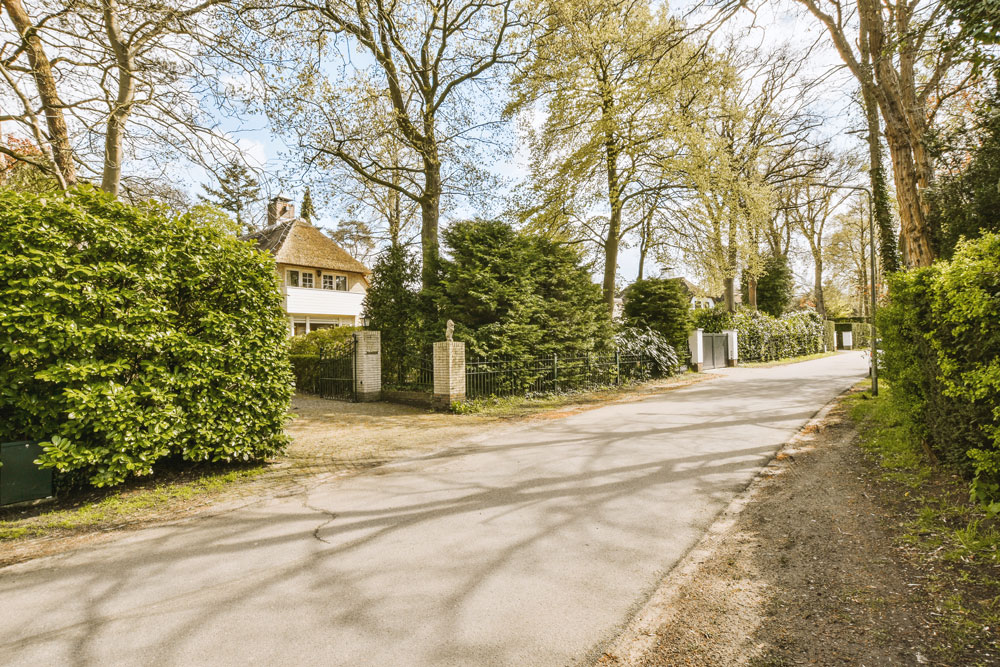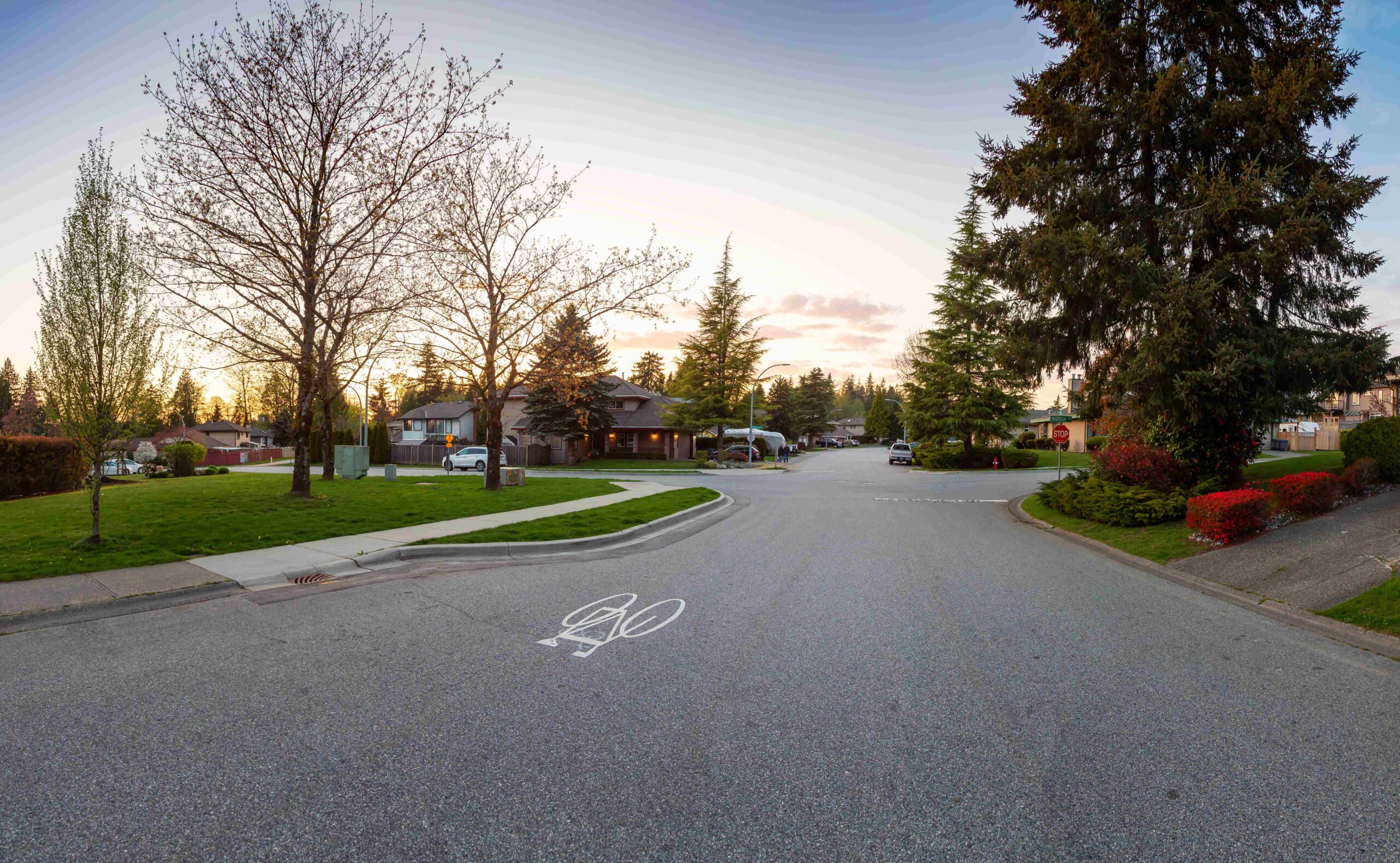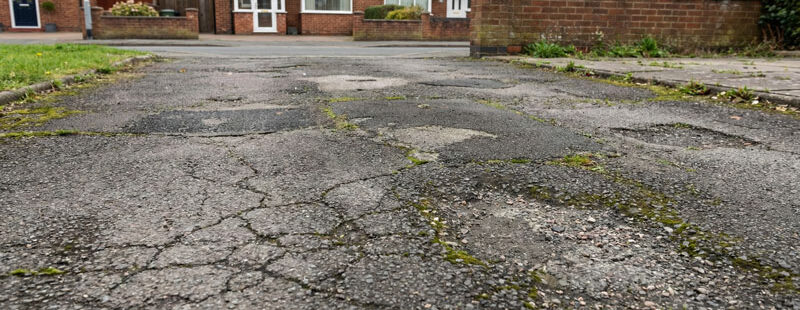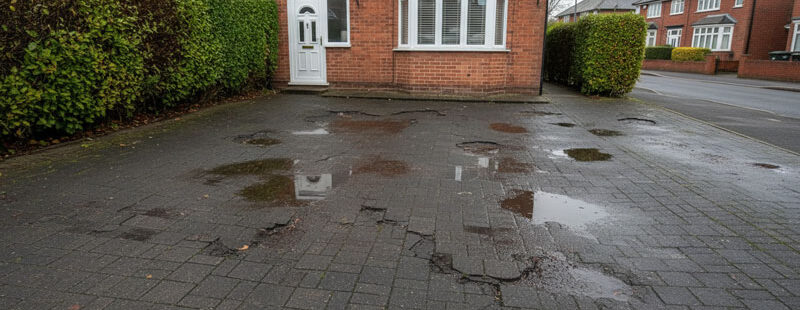
- min min
- No Comments
- September 30, 2025
Driveway Safety Standards Every Homeowner Should Know
A driveway may seem like a simple feature of your home, but it plays a much bigger role than just providing access for vehicles. A poorly designed or maintained driveway can increase the risk of accidents, vehicle damage, and long-term repair costs. That’s why understanding driveway safety standards is so important for every homeowner.
In this guide, we’ll explore the essential driveway safety practices you should know — from surfacing materials and drainage to visibility and maintenance — so you can keep your property secure, family safe, and vehicles protected.
Why Driveway Safety Matters
Your driveway is one of the most used surfaces on your property. Every day, cars, delivery vans, bicycles, and even pedestrians pass over it. Without proper attention to driveway safety, you risk:
- Vehicle damage from cracks, potholes, or uneven surfacing.
- Slip and trip hazards for family and visitors.
- Poor drainage, leading to standing water, ice, and erosion.
- Reduced visibility, creating risks when entering or exiting the property.
Homeowners often underestimate these risks, but addressing them early through safety-conscious surfacing can save money and prevent accidents.
Choosing the Right Surfacing Material for Safety
The material you select for your driveway directly affects its safety and durability. Some of the most reliable options include:
- Tarmac Driveways: Smooth, durable, and cost-effective, ideal for reducing tripping hazards and vehicle strain.
- Block Paving: Offers excellent grip and decorative appeal but requires proper installation to avoid uneven surfaces.
- Resin-Bound Driveways: Slip-resistant, permeable, and low maintenance — great for reducing puddling and icy patches.
Each material can provide strong driveway safety benefits when installed by professionals and maintained correctly.
Drainage: A Critical Safety Standard
One of the most overlooked aspects of driveway safety is drainage. Standing water not only damages the surface but also increases slip hazards in cold or wet weather. Key safety drainage considerations include:
- Installing permeable surfacing to allow water to soak away.
- Ensuring a gentle gradient so water flows away from the property.
- Adding proper edge drainage systems to prevent pooling.
Failing to address drainage can shorten the life of your driveway and compromise safety year-round.
Visibility and Access Safety
Safe driveways don’t just protect those on your property — they also help you enter and exit your home safely. Homeowners should consider:
- Clear sightlines: Trim hedges, trees, or walls that obstruct views of pedestrians and traffic.
- Lighting: Install adequate outdoor lighting to prevent accidents at night.
- Defined pathways: Separate pedestrian walkways from vehicle areas wherever possible.
By improving visibility and access, you ensure that your driveway safety isn’t just about the surface but also about how it integrates with its surroundings.
Regular Maintenance: Keeping Driveways Safe
Even the best driveway needs regular care. Common maintenance steps that improve driveway safety include:
- Crack sealing: Prevents small defects from becoming potholes.
- Cleaning and sealing: Stops weeds and moss growth that cause slips.
- Resurfacing when needed: Refreshes old, worn driveways to restore grip and appearance.
Ignoring maintenance can quickly turn a safe driveway into a hazard for vehicles and pedestrians alike.
Driveway Safety for Families with Children
If you have children, driveway safety becomes even more important. Consider these extra precautions:
- Non-slip surfacing: Reduces risk of falls while playing.
- Speed-reduction features: Adding slight surface textures or narrowing sections can slow vehicles.
- Clear markings or barriers: Keep play areas separated from vehicle access.
These measures help create a safer environment where children can enjoy outdoor spaces without unnecessary risks.
Professional Installation: The Foundation of Safety
The truth is, no matter how well you maintain it, a poorly installed driveway will always pose safety issues. That’s why choosing experienced contractors is critical. Professional surfacing teams understand:
- How to prepare the ground properly.
- How to achieve correct gradients for drainage.
- Which materials provide the best long-term safety and durability.
If you want to see examples of high-quality, safe driveway installations, you can browse our recent surfacing projects here.
Signs Your Driveway May Need Attention
Watch out for these common indicators that your driveway safety is being compromised:
- Pools of water forming after rain.
- Cracks or loose surfacing underfoot.
- Sloping or uneven areas where cars dip or scrape.
- Slippery moss patches that grow quickly in damp weather.
Catching these signs early allows you to take preventative action before the risks — and the repair costs — grow.
Why Driveway Safety Is an Investment
It’s easy to view driveway improvements as purely aesthetic, but safety is just as important. A safe driveway:
- Extends vehicle life by reducing wear and tear.
- Reduces liability risks if visitors have accidents.
- Increases property value with long-lasting, well-maintained surfacing.
- Provides daily peace of mind for you and your family.
In the long run, prioritising driveway safety saves money and enhances your home’s appeal.
Final Thoughts
Your driveway is one of the first things people notice about your home — and one of the most important for your safety. By understanding and applying driveway safety standards, you protect your property, vehicles, and loved ones while also improving your home’s value.
Whether you need resurfacing, drainage improvements, or a completely new installation, professional advice is the best way forward. To get started, you can contact us today for expert guidance on making your driveway as safe and reliable as possible.






